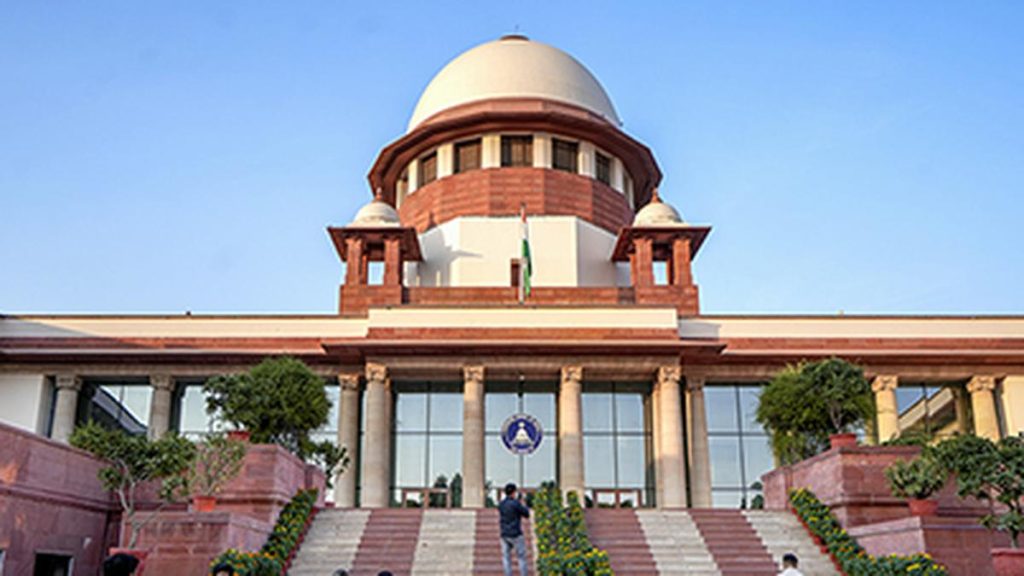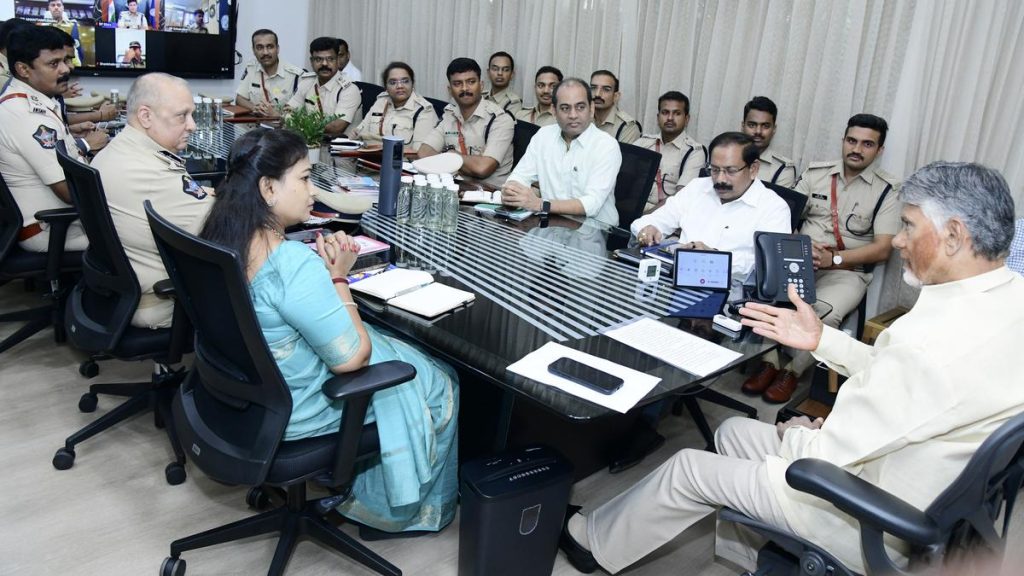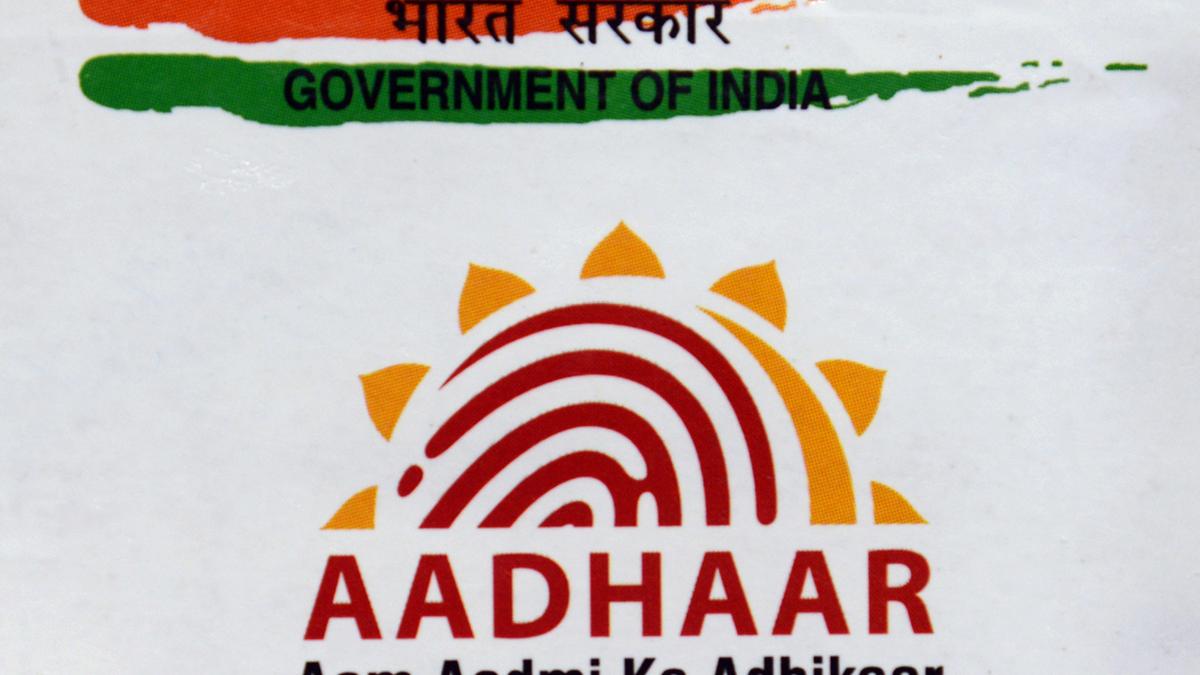Now Reading: Allegations of Govt. Bias Towards Private Hospitals Over Kozhikode MCH
-
01
Allegations of Govt. Bias Towards Private Hospitals Over Kozhikode MCH
Allegations of Govt. Bias Towards Private Hospitals Over Kozhikode MCH
Quick Summary:
- P.M.A. Salam, Indian Union Muslim League State general secretary, opened a protest meeting outside the Government Medical College hospital, Kozhikode, on Tuesday.
- Salam highlighted a severe lack of facilities at the hospital and broader issues affecting government healthcare across Kerala.
- Key concerns raised include:
– Non-availability of essential drugs and surgical devices due to unpaid dues by the government to distributors.- Emergency surgeries delayed for months, forcing poor patients to turn to private hospitals for treatment at meaningful costs.
– Allegations that government policies are favoring private hospitals over public institutions.
– A new block for surgical superspeciality and emergency care remains closed due to fire damage and has not been reopened.
Photo description: P.M.A. Salam speaking during the protest meeting outside Kozhikode Medical College; photo credit: K.Ragesh.
Indian Opinion Analysis:
This incident underscores persistent challenges within Kerala’s public healthcare system, notably in resource allocation and crisis management in government hospitals like Kozhikode’s medical College Hospital. These issues can disproportionately impact economically disadvantaged communities who rely heavily on affordable public healthcare services.
The reported non-payment of dues leading to shortages in essential medical supplies raises concerns regarding financial management within state health systems-especially given allegations that such delays may inadvertently benefit private healthcare providers financially. The prolonged closure of critical infrastructure like the surgical superspeciality block further compounds patient suffering while reducing capacity for life-saving procedures.
For policymakers in Kerala and beyond, this situation could serve as an urgent reminder of the importance of strengthening public health infrastructure through timely funding decisions, proactive maintenance protocols, and equitable healthcare reforms aimed at addressing disparities between public versus private capabilities within India’s broader healthcare landscape.
Read more: The Hindu


